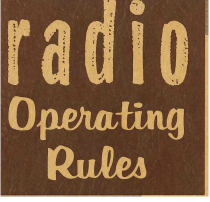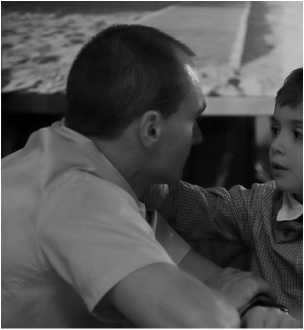
As usual, we talked about anything and "all things" family and kids and this whole idea of "step" people came up. Who, exactly, came up with this label? Does it make any sense to you? I mean, are they talking about a "step-up" or a "step-down" or a step on the family tree or what?
Me? I'm of the curious variety (I'll tell you later about where the phrase "rule of thumb" came from) and I did some exploring. As usual, there are a couple of origins. The prefix "step" from from the old English "steop-" which means related by marriage than than blood. And, you've got the Icelandic version where "steop-" is an old Teutonic word suggesting bereavement, so a step-child was one whose parent had died and who gained a step-parent.
Regardless of how the word came to be, the term is derogatory. Think Disney movies with the cruel stepmother with bony fingers and an evil cackle who mistreats the step-child horribly. Step-families are often regarded as "less than" even though more than 50% of the marriages ending in divorce, "step" people are becoming common place and dare I say, "acceptable"? And, what about the "half-brother/sister" deal? Is this kid a fraction of something. If so, of what? Can we just muddy the family relationship waters a bit more, please? The movie "Yours, Mine and Ours" comes to mind.

Research has revealed that stepfathers use harsher discipline with their stepchildren than they do with their biological children and that stepmothers have more conflict with stepdaughters than with their biological daughters. So, there's that...
In my practice, I find that most folks focus on the experience of the child and don't seriously take into account the experiences of the stepmom and dad. Are we making assumptions that these adults have chosen to take on these responsibilities and as adults, they better "suck up buttercup"? Hey, it's a scary deal. Adults have feelings, too, and wow, do they get hurt.
Yes, the adults have made a conscious decision to enter a family. But they often don't see a lot of the pain coming. Too much change throws their gyroscope off.
The "invited parent" might be seen as the interloper whose very presence means that "mom and dad are never getting back together and we'll never be a family again" or, they are a savior, of sorts. Regardless of how they are perceived, they are entering an established social system with its own culture and they may retain the "guest" status for a good long while. It's not easy. Not easy at all, especially if the previous "parenting partners" ended on a contentious note; especially if there are financial issues and serious behavioral, learning or developmental issues with the children. Most especially, if there are custody wars. Just don't do this part...really.
Parents in the blended family could benefit from a third party support, such as a therapist or child development specialist, to give them solid information as well as strategies to make their way toward a new definition of the family. Don't overlook the needs of the adults, particularly when the parenting styles are different. This a very frequent source of conflict between the adults. Get it worked out before "I do".

Children with special needs such as Attention-Deficit/Hyperactivity Disorder, learning disabilities including dyslexia and language processing disorders, autism, health needs, and behavioral challenges need a special approach and their parents need more intense help than other parents. Learn what you need to know about how these special needs manifest in your bonus kids and be proactive. Make no assumptions and clarify the specific expectations about your role.

The label on this bottle of wine gives a lot of information, but the most important information that the label tells you is "what" it is. It's not olive oil or laundry detergent. It's wine. Words are important and the words that end up being labels are some of the most powerful words we know.
OK, now we're finally getting down to it. Bonus parents. If you describe yourself as a bonus parent, a bonus son, a bonus daughter or mother, immediately, you teach others (and remind yourself) that the relationship is positive and that these "others" are required to accept it as a positive thing. I mean, after all, isn't a bonus a good thing? Can you recall any time at all when you've used the word bonus negatively?
I have found that the blended family relationships that end up working well are those where the entire family is prepared and has a plan for working out the glitches that arise. If everyone knows "what" is expected, it will be easier to employ the "standard operating procedures" when "something happens". Having family meetings and establishing a family mission statement communicates clearly that this group of people belong to the same tribe and "we're in it to win it"...a family team. The family mission statement should be hung on the wall for a while. It can be written on an opened up grocery bag in magic marker. Doesn't have to be a professional graphic. Your family decides how it should look. It has to be there...
The language that you use when interacting within the family is critical. It can "make or break" the interaction. Make sure you are well-versed on the developmental issues, especially those behaviors related to adolescence. Being informed will help you not to take those teenage years personally.
Be realistic and be prepared. After that, just do the best you can.
Oh, and that whole "rule of thumb" thing. In earlier times, a man was allowed to beat his wife with a rod no thicker than his thumb. Yeah, thanks for that...
TTFN, Claudia


